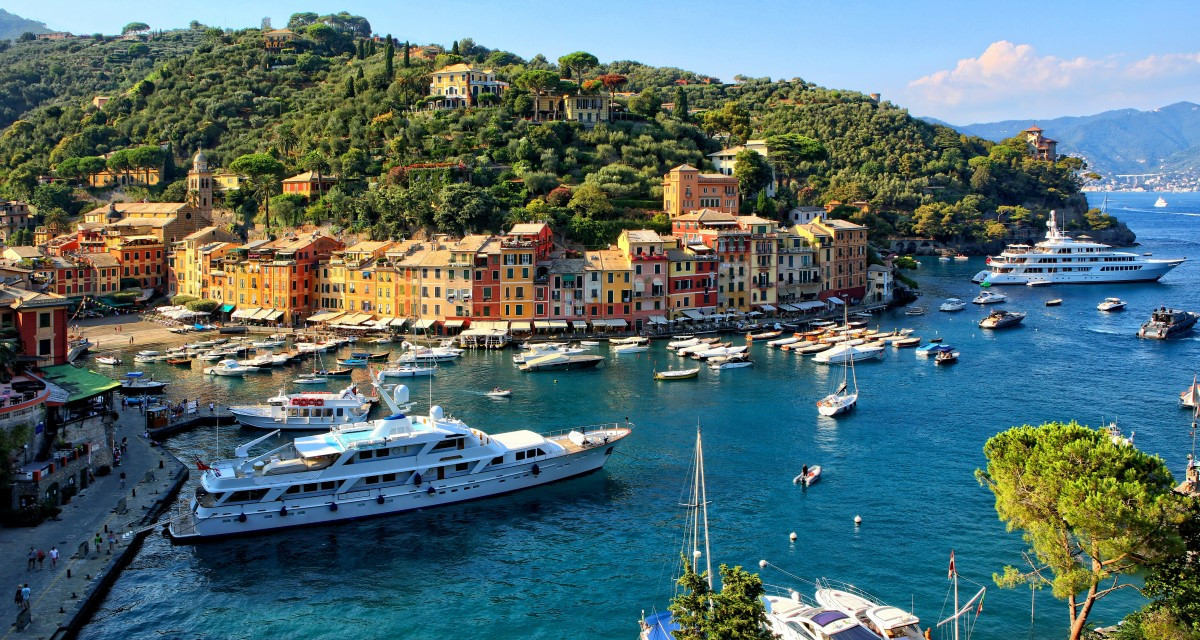There’s more to owning a superyacht than sun chasing and wild parties. The Superyacht Life Foundation is on a mission to shine a light on the positive stories of the industry
Words: Will Moffitt
It was the hotshot American computer engineer Bill Joy who built the world’s first “green” superyacht. Inspired by conversations with business entrepreneur Bruce Katz, who created the Rockport shoe brand – and sailing aboard his 43.5- metre sailing yacht named Juliet – Joywas further persuaded by former US vice president Al Gore to build the most eco-friendly yacht ever conceived.
Launched in 2009 with a hybrid battery-powered propulsion system, Ethereal was a formative feat of engineering and a nod to a more climate-conscious future.
As positive as this feat proved to be, both for the marine technology sector and eco-friendly yachting, it is the kind of story that gets buried deep beneath a wave of negative press. All too often the super yachting community is painted as one big gluttonous machine: an industry seemingly designed to build and service water palaces for the elite.
It’s a pervasive stigma that The Superyacht Life (SYL) Foundation is determined to alter. Initiated in 2013, the collective marketing programme has an international reach and seeks to promote the positive people, places and projects in the yachting industry.
At its core is a desire to write stories about people. More specifically, the maritime scientists, engineers, conservationists and environmentally-minded yacht owners who represent a diverse and multifaceted community doing constructive things for the industry, the oceans and the planet.

“There’s a certain sector of journalism, which tends to focus on a particular type of story and for a good reason, because that’s what sells, it’s what gets people’s backs up,” explains Charlotte Thomas, editor-in-chief at SYL Foundation.
“The downside of that is that it has a negative impact on ownership because people get more scared of owning a superyacht.”
Alongside economic contributions like onshore spending – a 2016 study found that the superyacht industry is worth almost $2 billion to the Australian economy – superyachts keep people employed. Thousands of highly-skilled men and women work in yards across the globe, many from families that have worked there for generations.
“It’s so easy to say ‘these huge amounts of money spent on yachts are stupidly extravagant’, but that’s not always the case,” adds Dilan Sarac, marketing manager at SYL Foundation. “Yachting has a great economic and social impact, and we have a sustainability angle that we are really keen to promote.”
For the past decade or so, the industry has become more eco-conscious.
Fewer than 0.3 per cent of the world’s marine vessel CO2 emissions come from superyacht owners and maritime organisations have become more committed to protecting the oceans they sail in.
Alongside a broader drive to design and develop more energy-efficient, eco-friendly vessels are industry organisations like the Blue Marine Foundation, an NGO [nongovernmental organisation] on a mission to put 30 per cent of the world’s oceans under protection by 2030. Moreover, the now popular Clear Ocean Pact represents a hardfought initiative to reduce single-use plastics on board yachts.
Industry leaders have also banded together to establish the Water Revolution Foundation, a non-profit that has developed an assessment tool that measures and compares the environmental impact of design and build options, allowing for more sustainable choices to be made.
Then there are the owners themselves. As ocean-goers, it’s only natural that they feel particularly invested in protecting delicate ecosystems from pollution or aiding environmental research.
“Lots of initiatives are geared towards owners who have a vested interest in preserving the oceans because that’s where they enjoy spending their time,” Thomas says. “A lot of crews are getting involved in monitoring and citizen science programmes. So wherever the yachts are cruising they are constantly sending data out to climate change models, or to remote marine biology monitoring facilities.

Many owners regularly collect data for environmental organisations. To help facilitate this, the International Seakeepers Society connects ship users with scientists, allowing them to use yachts as platforms for marine research. Archimedes is one of the many participating yachts, recently being used for a shark research expedition near Antigua.
While tales of yacht owners collaborating with scientists or marine wildlife conservationists might not attract widespread publicity, The SYL Foundation will continue to champion stories that cut through the tide and give this multifaceted industry the nuance it deserves.







